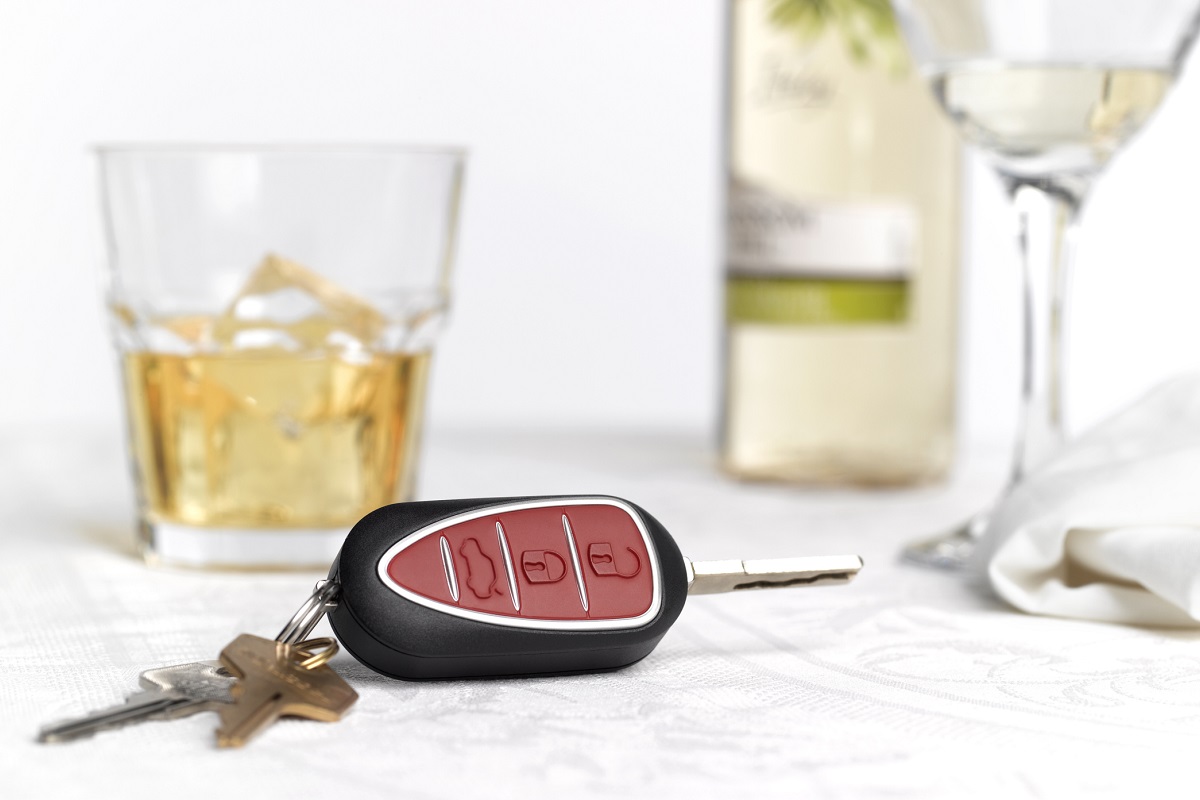The Medical Minute: Even one drink can be too many

Another year is in the books, and it’s time to blow off a little steam. You gather with a few friends to ring in the new year, and a drink seems appropriate. After all, you’re a responsible adult, and you know how to control yourself and keep it to one or two.
But health care workers like Amy Bollinger, education, outreach and injury prevention coordinator at Penn State Health Milton S. Hershey Medical Center, want you to think long and hard before getting behind the wheel ― even if you had just a little.
You don’t have to be over the legal blood-alcohol limit ― in Pennsylvania it’s .08 grams per deciliter – to cause an alcohol-related crash.
Things to consider:
- Imagine that your muscles stop working quite right. Thinking becomes a little cloudy. You don’t feel alert as usual. That’s what a blood alcohol content as low as .05 g/dL feels like, according to the National Highway Transportation Safety Administration. It’s well below the legal limit, and for an average 240-pound man, it’s two drinks, according to drivinglaws.org.
- In 2021, 2,266 people died in alcohol-related crashes where a driver had a BAC of .01 to .07 g/dL. In the eyes of the law, the driver wasn’t drunk.
“Alcohol affects everybody differently,” Bollinger said.
And when you throw in thousands of pounds of steel traveling at an average speed of 55 miles per hour, those effects are never good. No newspaper will ever stop the presses over a hot tip that alcohol-related crashes spike every year during the holidays ― but the dire situation has worsened recently.
In December 2021, drunk driving deaths were at their highest in nearly 15 years ― 1,013 people died in drunk driving crashes, according to the National Highway Transportation Safety Administration. Eleven percent of all holiday crashes were alcohol related in 2021, according to the Pennsylvania DUI association.
Bollinger offers a number of ways to protect yourself and those you care about from the grim statistics this year:
- “Have a plan for transportation to and from an event,” Bollinger said. Planning for a ride is easier than ever these days. Sign up for a ride share and arrange for an Uber or a Lyft from your cell phone.
- If you’re having a holiday party, keep an eye on your guests. Make sure they are sober when they’re leaving your home. If they aren’t, call a rideshare for them or find a sober driver to get them back home.
- Be aware of prescriptions and over-the-counter medicines. Some react badly with alcohol, worsening the affects.
- Go with the old reliable designated driver who agrees not to drink. Figure out a way to reward this person – chip in for a dinner or offer them free drinks during the next gathering when someone else serves as designated driver.
- Talk with your kids. Even if they’re legally permitted to drink, “don’t assume they have this all planned out,” Bollinger said.
- “Know your limits,” she said. Remember that alcohol affects everyone differently.
- Remember that others won’t be drinking responsibly. Wear your seatbelt. Put away your cell phones and be extra alert.
Related content:
- The Medical Minute: Ring in the New Year, rein in your drinking
- The Medical Minute: Identifying teen alcohol and drug abuse
The Medical Minute is a weekly health news feature produced by Penn State Health. Articles feature the expertise of faculty, physicians and staff, and are designed to offer timely, relevant health information of interest to a broad audience.
If you're having trouble accessing this content, or would like it in another format, please email Penn State Health Marketing & Communications.
